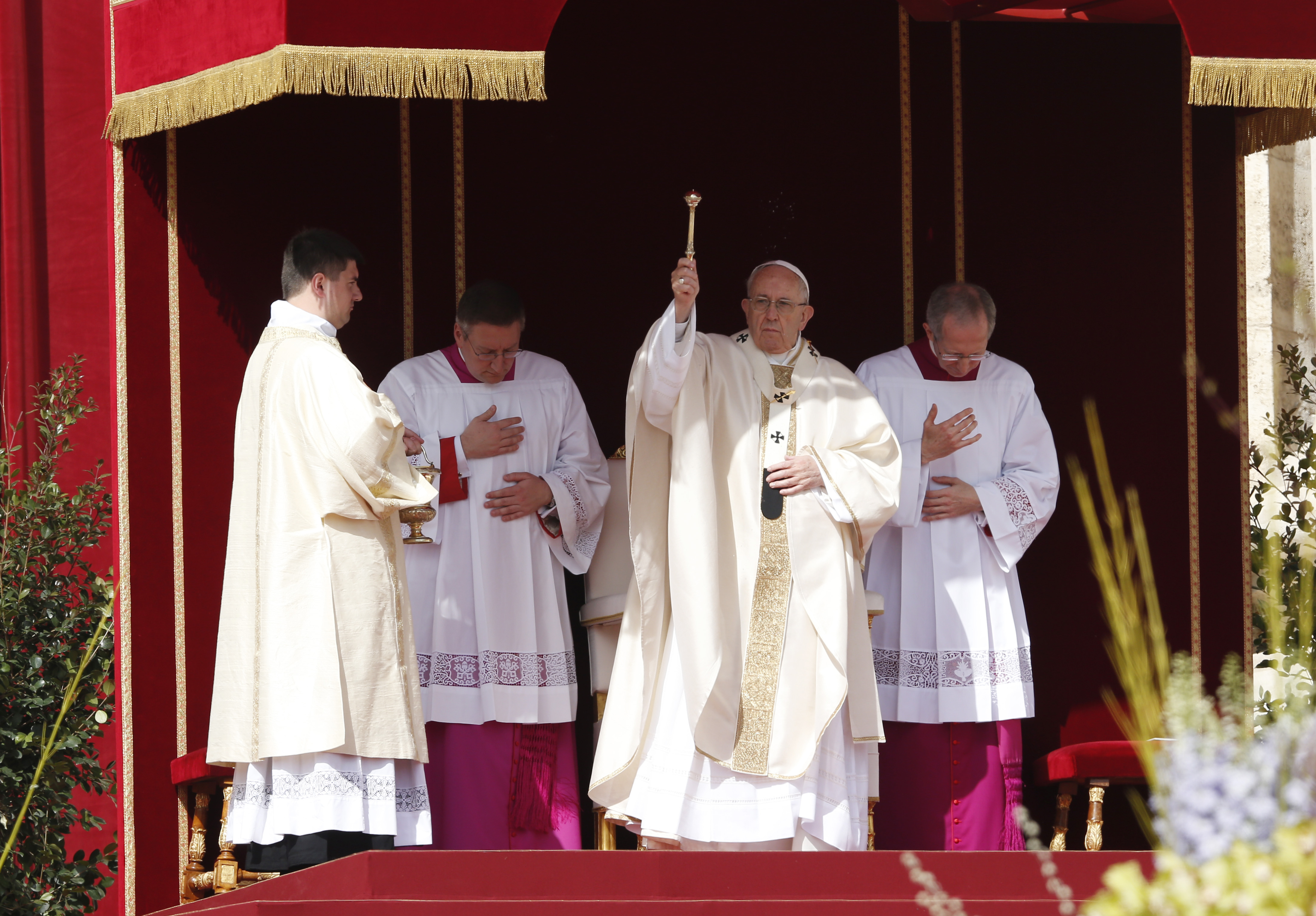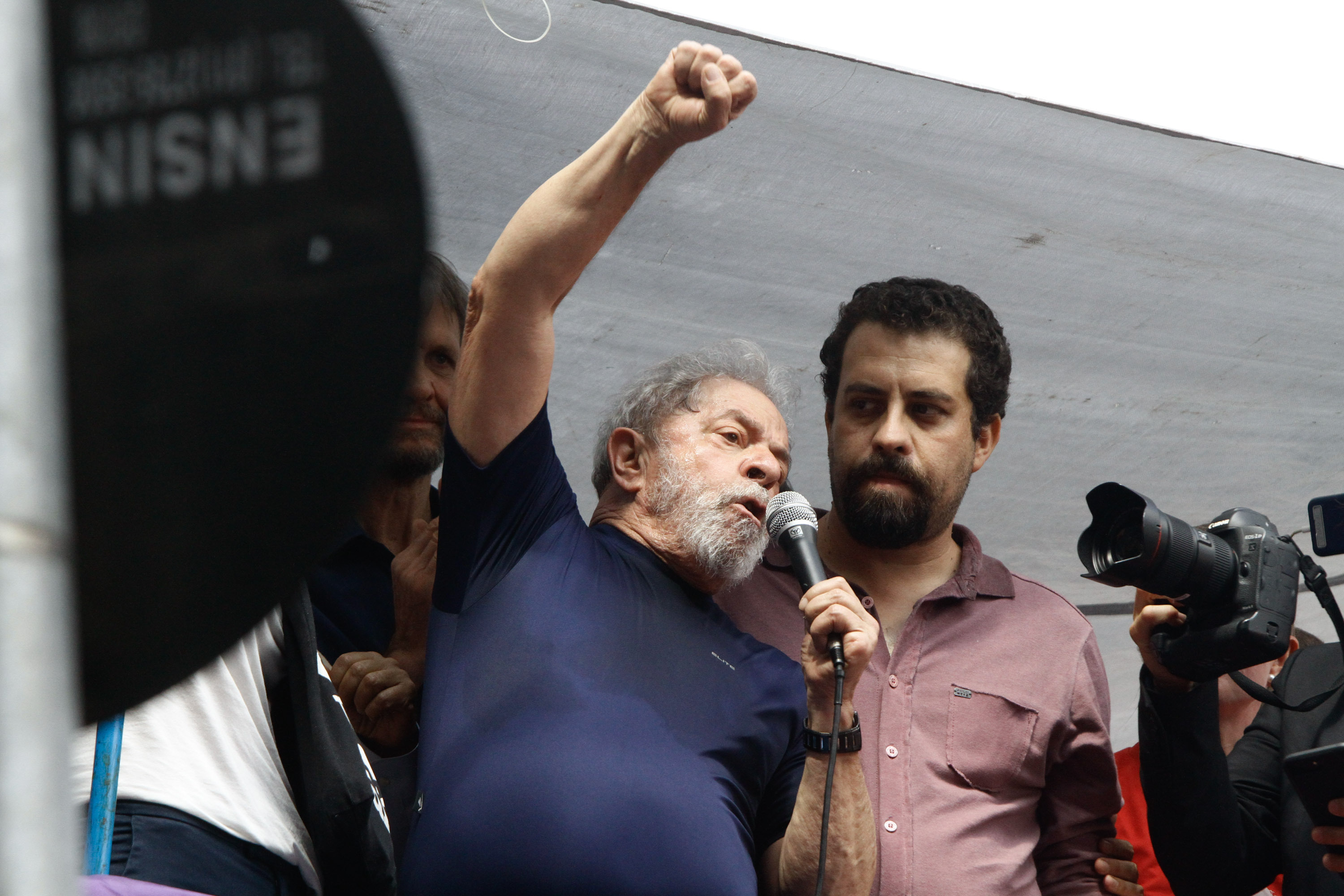Luíz Inácio Lula da Silva, was taken to a cell in federal police headquarters in Curitiba, 340 kilometres south-west of São Paulo, which is the base of the “Car Wash” corruption investigation under which he has been sentenced to twelve years’ imprisonment. The days leading up to Lula’s surrender to police last Saturday evening saw scenes of high political drama in Brazil.
Televised live, a session of the federal supreme court took ten hours before the decision came in the small hours of Thursday to reject Lula’s application for habeas corpus to appeal against his conviction at liberty. The judge who had sentenced him, Sérgio Moro, immediately issued an order for Lula to present himself to the federal police in Curitiba, with a deadline of 5pm on Friday.
Lula chose to go instead to the scene of his glory days as a union leader, the headquarters of the engineering workers’ union in São Bernardo do Campo in the south of the São Paulo conurbation, where a Mass in memory of his late wife, Marisa, was announced for Saturday morning. What took place was not so much a Mass as a rally with a moment of prayer, led by retired bishop Angélico Sândalo Bernardino, an old friend of the ex-president’s. Dom Angélico recited the Beatitudes, of which he presented Lula as an exemplar, and there was a remarkable moment at which leading Workers Party figures, including ex-president Dilma Rousseff, could be seen reciting the Our Father from the platform.
Lula then delivered an hour-long speech denouncing his conviction, for work done for free by a major construction company on “an apartment that is not mine”. His crime, he insisted, was to have reduced poverty, given workers access to decent housing and consumer goods, and eased access for Afro-Brazilians to universities. Lula summarised the view of the Brazilian left, that his conviction is the latest stage in a bloodless coup by the elites that began with the impeachment of President Rousseff in 2016. Some evidence for this might be seen in the statement issued on the eve of the supreme court session by the head of the Brazilian army, General Eduardo Dias da Costa Villas Bôas, who tweeted that the army, ‘like all good citizens, rejects impunity’.
Lula’s imprisonment may bar him from standing in the 2018 presidential elections.
PICTURE: Former President Luíz Inácio Lula da Silva with impeached former president Dilma Rousseff at the headquarters of the Metalworkers' Union where a Catholic Mass was held in memory of his late wife Marisa Leticia on 7 April 2018. Image/PA



 Loading ...
Loading ...